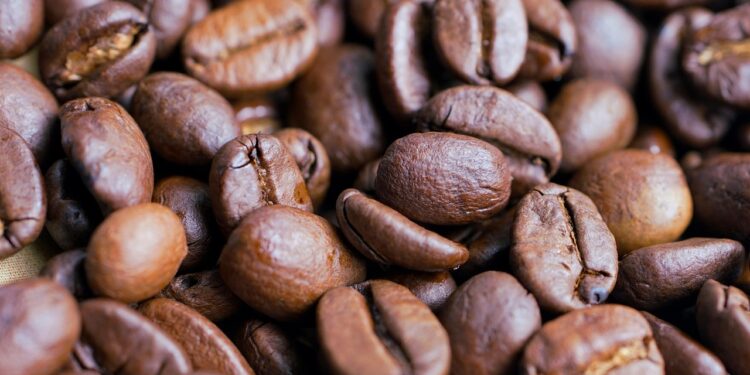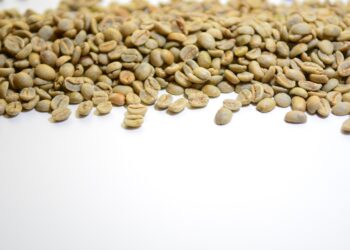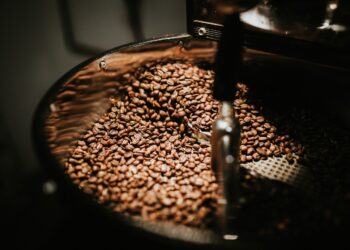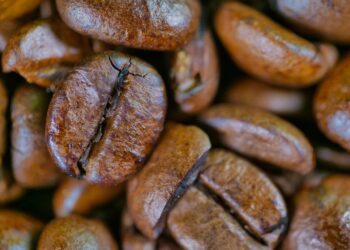Exploring the Unique Flavors of Single-Origin Coffee Beans
Single-origin coffee beans are a treasure in the world of coffee enthusiasts, offering distinct tastes and experiences that are as varied as the regions from which they originate. These beans come from a specific place, whether a single farm, a specific collection of beans from a single country, or a region within a country, providing a unique profile that reflects the local soil, climate, and cultivation methods. This deep dive into the unique flavors of single-origin coffee beans provides valuable insights into why these beans have captured the imagination of coffee lovers worldwide.
Understanding Single-Origin Coffee
What is Single-Origin Coffee?
Single-origin coffee refers to coffee that is sourced from a single geographical location. Unlike blends that mix beans from different regions to balance flavors, single-origin beans offer a pure, unadulterated taste of their specific terroir. This can mean anything from a single farm, a collection of farms within a specific area, or beans from a particular country.
The Appeal of Single-Origin Coffee
Why Choose Single-Origin?
Coffee aficionados appreciate single-origin beans for their transparency in flavor and traceability. Knowing exactly where your coffee comes from enhances the experience of drinking it, providing a connection to the coffee’s origin and the people who cultivate it. Furthermore, each single-origin coffee comes with its unique flavor notes, which can range from floral and fruity to earthy and nutty, depending on its source.
Flavor Profiles From Around the World
Exploring Regional Differences
Each coffee-producing region offers a distinct flavor profile influenced by its climate, elevation, and processing methods. Here are some renowned coffee-producing regions and what makes their beans unique:
African Coffee Beans
African coffee, particularly from Ethiopia and Kenya, is famed for its bright acidity and complex berry-like or citrus flavors, often with floral notes that make each sip a vibrant experience.
South American Coffee Beans
Countries like Brazil and Colombia produce coffee that is often more nutty and sweet, with chocolate undertones that make them hearty and welcoming. Colombian coffee, for instance, is known for its smooth, mild flavor and a balanced mix of sweetness and acidity.
Central American Coffee Beans
Coffee from regions like Costa Rica and Guatemala tends to offer a good balance of sweetness and acidity, with flavor profiles that include notes of fruit alongside spice and chocolate, making them beautifully complex.
Asian Coffee Beans
Asia, particularly Indonesia and Vietnam, offers beans that are typically bolder and heavier with a distinct emphasis on earthy, woody, and spicy flavors, often with a remarkable body that is both exotic and intensely satisfying.
How to Choose and Brew Single-Origin Coffee
Selecting the Right Beans
When selecting single-origin coffee beans, consider the flavor profile that suits your palate. Look for reputable coffee roasters who provide details about the bean’s origin, elevation, and flavor notes. Transparency about the source and roast date can also indicate the freshness of the beans, which significantly affects the flavor.
Brewing Methods to Consider
The brewing method plays a critical role in how the coffee’s unique characteristics are expressed. For example:
- Pour-over: Excellent for making single-origin coffee because it allows the water to extract the coffee flavors slowly, highlighting subtle notes and aromas.
- French press: Ideal for producing a rich, full-bodied texture that complements the intrinsic qualities of single-origin beans.
- Espresso: While typically used for blends, espresso can also intensify the distinct flavors of a single-origin bean if brewed correctly.
Common Questions About Single-Origin Coffee
1. Is single-origin coffee more expensive?
Single-origin coffee can be more expensive than blends due to the meticulous process of growing, selecting, and often, hand-picking the beans. The price also often reflects the premium quality and unique flavors of these coffees.
2. How should I store single-origin coffee?
To preserve freshness, store your coffee beans in a cool, dark place in an airtight container. Avoid exposure to excessive air, heat, and moisture.
3. Can I use single-origin coffee for cold brew?
Absolutely! Single-origin coffee makes an excellent choice for cold brew. It offers a clean, distinct, and refreshing flavor profile that is perfect for cold brewing.
The Ethical Aspect of Single-Origin Coffee
Supporting Sustainable Practices
Purchasing single-origin coffee can also support sustainable agriculture practices. Many single-origin coffees come from farms that implement sustainable farming techniques to enhance biodiversity and reduce environmental impact. Additionally, buying single-origin often helps support smaller farms and communities with fairer compensation for their labor and produce.
Conclusion
Exploring the world of single-origin coffee beans is a rewarding experience that offers a window into the diverse landscapes and cultures of the world’s coffee-growing regions. Each cup tells a story of its origin through its unique flavor profile, crafted by the local environment and the hands that tended to the crop. For coffee enthusiasts looking to deepen their appreciation of this beloved beverage, single-origin coffee provides not just a cup of coffee but a journey.
Embrace the adventure that each single-origin coffee offers, and you might find your new favorite brew in a cup that’s as rich in history as it is in flavor. Whether you’re a casual drinker or a connoisseur, the unique character of single-origin coffee is sure to captivate and delight.






